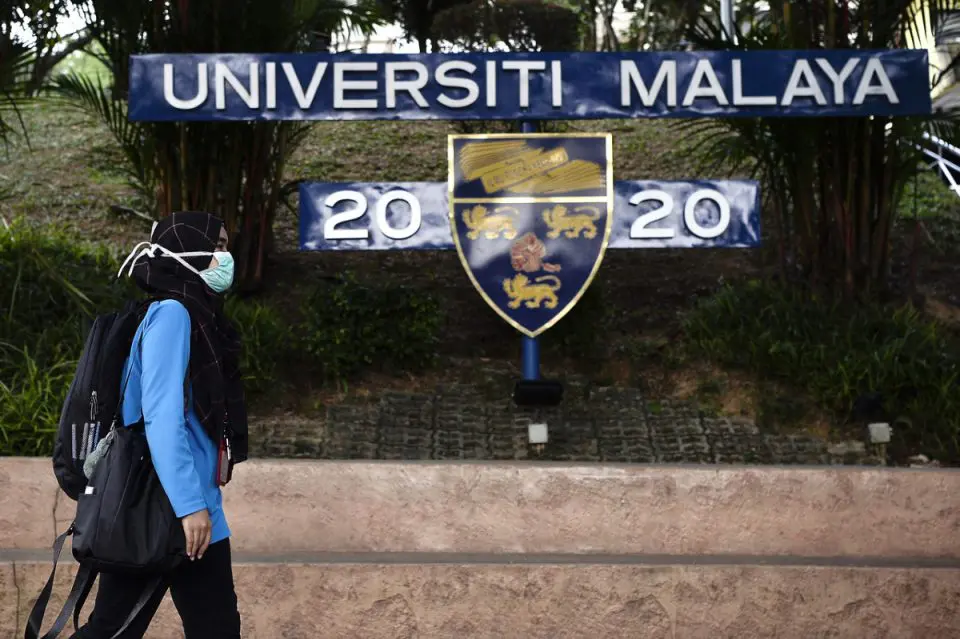KUALA LUMPUR, June 26 — Universiti Malaya (UM) is expected to offer a cardiothoracic specialist training course this October, the Dewan Rakyat was told today.
Higher Education Minister Datuk Seri Zambry Abdul Kadir said this move will enable those wishing to pursue this specialisation to do so at UM, with other institutions expected to follow suit in the future.
“At the ministry level, we are actively seeking the best approach to resolve this issue. InsyaAllah, we aim to resolve similar issues as soon as possible.
“We expect the issue related to the cardiothoracic issues will be resolved by October, meaning there will be other pathways besides Universiti Teknologi Mara (UiTM), and other universities will also offer the course,” he said during the question and answer session.
He was responding to Bukit Gelugor MP Ramkarpal Singh’s query on the government’s plans to allow other institutions to offer cardiothoracic specialist courses to address the shortage of specialists in the field of cardiothoracic in the country.
Replying to the original question on whether the government plans to amend the UiTM Act 1976 to allow non-Bumiputeras to study at UiTM, Zambry emphasised the importance of maintaining UiTM’s policy of catering specifically to Malays, Bumiputeras, Orang Asli, and the natives of Sabah and Sarawak.
This effort is aimed at fulfilling the government’s goal of narrowing racial disparities, particularly socio-economically.
He said that the Economy Ministry’s Bumiputera Economic Congress 2024 report’s findings indicated economic disparities among Bumiputeras in terms of average monthly income, corporate equity ownership, poverty rates, skilled labour production, and professional qualifications.
“The establishment of UiTM was a response to the shortage of trained professionals, particularly among the Bumiputera, who were predominantly in unskilled job sectors at that time (in the past).
“With UiTM’s establishment, more Bumiputera students get opportunities to pursue higher education and receive training, preparing them to take on various roles in both the public and industrial sectors. This initiative is crucial for enhancing their quality of life and transforming their futures,” he said.
— Bernama





